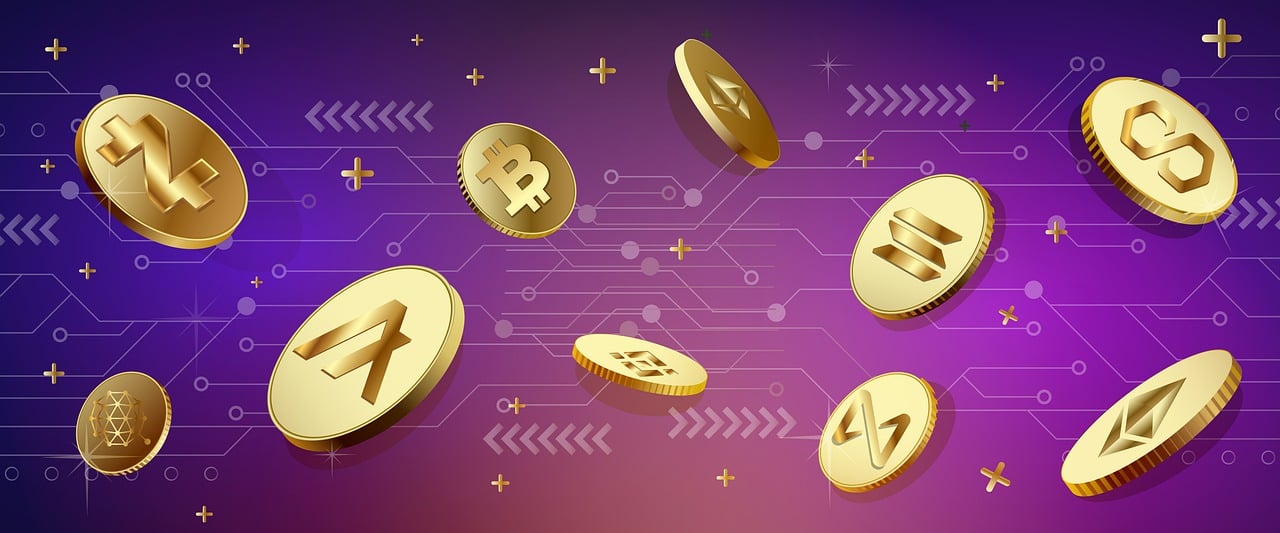
Introduction
In the rapidly evolving world of blockchain technology, virtual real estate has emerged as a groundbreaking frontier. As developers and investors, understanding the intricacies of virtual real estate is essential for harnessing its potential. This comprehensive guide delves into the domain of virtual real estate, offering blockchain developers and investors detailed insights, practical examples, and actionable strategies to master this burgeoning field.
Understanding Virtual Real Estate
Virtual real estate refers to digital property within virtual worlds, often facilitated by blockchain technology. These assets are tokenized, meaning they are represented by digital tokens on a blockchain, providing proof of ownership and facilitating transactions. Virtual real estate can range from plots of land in virtual worlds to digital storefronts, offering lucrative opportunities for developers and investors.
The Role of Blockchain Technology
Blockchain technology underpins virtual real estate by ensuring transparency, security, and immutability of transactions. Decentralized platforms like Ethereum and Binance Smart Chain support the creation and exchange of virtual assets, leveraging smart contracts to automate processes and reduce the need for intermediaries. This technological foundation is crucial for the growth and sustainability of virtual real estate markets.
Tokenized Platforms and Their Impact
Tokenized platforms transform virtual assets into tokens that can be easily traded and managed on blockchain networks. This process enhances liquidity, enabling investors to buy and sell virtual real estate with ease. Platforms like Decentraland and The Sandbox exemplify successful tokenization, offering marketplaces where users can purchase, develop, and monetize digital land.
Practical Examples of Virtual Real Estate
Consider Decentraland, a virtual reality platform where users can buy parcels of land and develop them into interactive experiences. In this ecosystem, land parcels are represented as NFTs (Non-Fungible Tokens), offering unique ownership rights. Similarly, The Sandbox allows users to create and monetize gaming experiences on virtual land, highlighting the diverse applications of virtual real estate.
Investing in Virtual Real Estate
Investing in virtual real estate requires a strategic approach. Potential investors should evaluate factors such as platform reputation, user base, and development tools. Understanding market trends and the potential for appreciation is crucial. Diversifying investments across multiple platforms can mitigate risks and maximize returns, providing exposure to a range of opportunities.
Challenges and Risks
Despite its potential, virtual real estate is not without challenges. Market volatility, regulatory uncertainties, and technological limitations can impact investments. It’s essential to conduct thorough research and stay informed about industry developments. Developers and investors should also be aware of security concerns, ensuring that platforms adhere to robust security protocols.
Actionable Insights for Blockchain Developers
Blockchain developers can leverage virtual real estate by creating innovative applications that enhance user experiences. Developing tools for virtual land management, creating marketplaces, and integrating virtual assets into broader ecosystems are potential avenues. Collaboration with existing virtual platforms can also lead to mutually beneficial partnerships and new revenue streams.
Actionable Insights for Investors
Investors should focus on platforms with strong community engagement and active development teams. Participating in platform governance through token holdings can influence decision-making processes. Additionally, staying informed about technological advancements and industry trends can help investors make informed decisions and capitalize on emerging opportunities.
Conclusion
Mastering virtual real estate requires a deep understanding of blockchain technology, tokenized platforms, and market dynamics. For developers and investors, this domain offers exciting opportunities to innovate and invest in digital property. By leveraging the insights and strategies outlined in this guide, blockchain professionals can navigate the complexities of virtual real estate and unlock its full potential.

[page-generator-pro-related-links group=”Domains” limit=”3″ output_type=”list_of_links” title=”More Domains Articles”]





